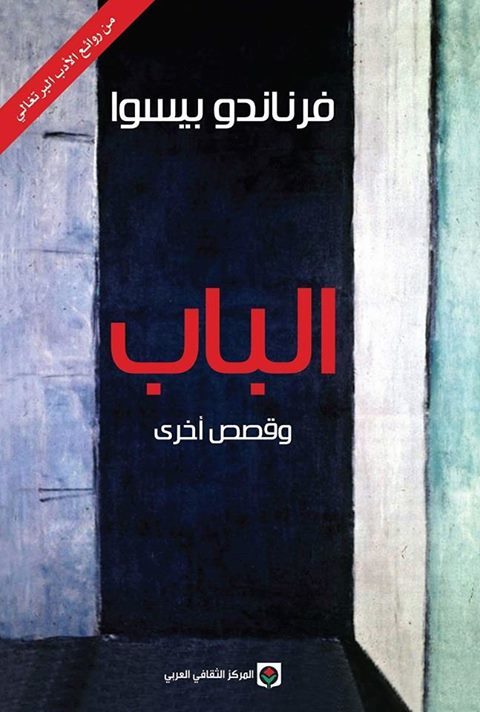
"لا وجود لأية قاعدة. كل الناس استثناءات لقاعدة لا وجود لها". بهذه العبارة يضع فرناندو بيسوا أحسن تعريف لشخصيته وكتابته، فالحديث عن فرناندو بيسوا لا يمكن أن يكون إلا حديثاً عن الاستثناء والتميُّز أمام كاتب متعدِّد الأوجه يُعتبر أحد أكبر ممثلي الحداثة الأدبية في القرن العشرين. لقد كان بيسوا شاعراً، وناثراً، ومنجِّماً، ومقاولاً، ومفكراً اقتصادياً، ومخترعاً. ولعلّ تعدّد هذه الصفات وتداخلها الغريب في شخصيته هو ما تعكسه هذه النصوص القصصية التي نقدِّمها اليوم للقارئ العربي. ونقدِّم هنا خمسة نصوص قصصية تُعتبر من أشهر ما كتبه فرناندو بيسوا في هذا الجنس الأدبي، بالإضافة إلى خمسة نصوص سردية يعتبرها الكاتب "حكايات ذات مغزى". لقد اخترنا هذه النصوص لأنها تمثل أشكالاً قصصية مختلفة ونصوصاً مكتملة اتّفق معظم دارسي أعمال فرناندو بيسوا على صيغتها النهائية وقيمتها الأدبية والفنية.
Authors

Arabic profile for Fernando Pessoa أنطونيو فرناندو نوغيرا دي سيابرا بيسوا هو شاعر، وكاتب وناقد أدبي، ومترجم وفيلسوف برتغالي، ويوصف بأنه واحد من أهم الشخصيات الأدبية في القرن العشرين، وواحد من أعظم شعراء اللغة البرتغالية، كما أنه كتب وترجم من اللغة الإنجليزية والفرنسية.

Fernando António Nogueira Pessoa was a poet and writer. It is sometimes said that the four greatest Portuguese poets of modern times are Fernando Pessoa. The statement is possible since Pessoa, whose name means ‘person’ in Portuguese, had three alter egos who wrote in styles completely different from his own. In fact Pessoa wrote under dozens of names, but Alberto Caeiro, Ricardo Reis and Álvaro de Campos were – their creator claimed – full-fledged individuals who wrote things that he himself would never or could never write. He dubbed them ‘heteronyms’ rather than pseudonyms, since they were not false names but “other names”, belonging to distinct literary personalities. Not only were their styles different; they thought differently, they had different religious and political views, different aesthetic sensibilities, different social temperaments. And each produced a large body of poetry. Álvaro de Campos and Ricardo Reis also signed dozens of pages of prose. The critic Harold Bloom referred to him in the book The Western Canon as the most representative poet of the twentieth century, along with Pablo Neruda.